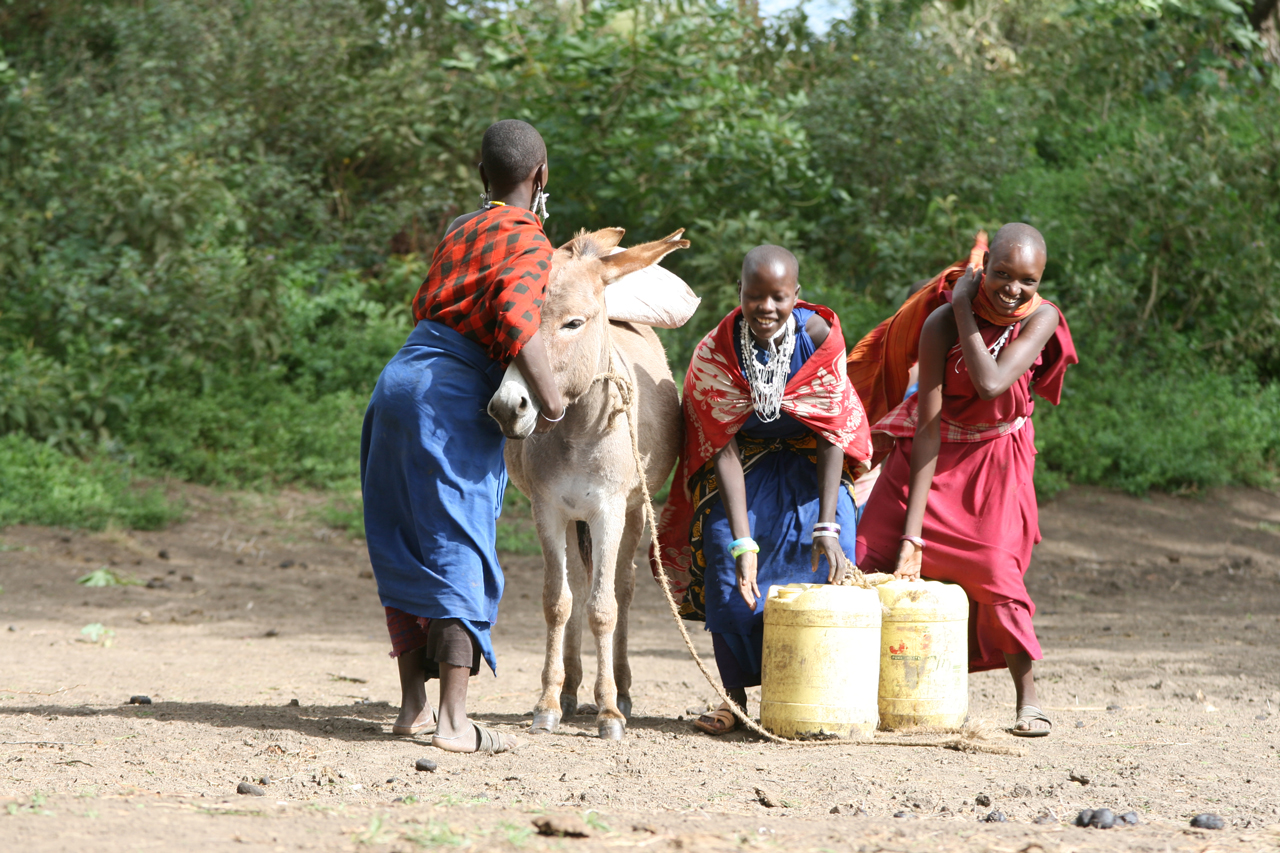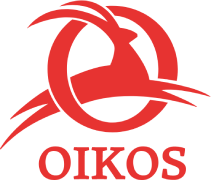PAIR
Promoting Responsibility to Strengthen Community Resilience

Country
Water Access for Pastoral Communities
The rangelands of northern Tanzania are a vital resource for Maasai communities. Yet environmental degradation, overuse, and soil erosion threaten both these landscapes and the livestock that depend on them. These threats are now compounded by the impacts of climate change. Adapting to these changes is essential. In the districts of Monduli and Longido, however, local communities often lack the knowledge needed for sustainable pasture and livestock management, and have little influence in decision-making processes. Through the PAIR project, we aim to promote sustainable water management for pastoral communities, helping to secure their livelihoods.
Sustainable rangeland management is not only crucial for protecting the biodiversity of the northern Tanzanian savannas, it can also be a driver of social inclusion. This is why we have worked to strengthen the participation of pastoral communities in “scenario planning” processes at village, district, and regional levels. This approach is a valuable tool for understanding the impacts of climate change and planning effective adaptation strategies. Special attention is given to women, who play a key role in sustaining families yet still face significant discrimination and exclusion from community life.
Through workshops and engagement with local authorities, we have encouraged community involvement and highlighted the importance of participatory water resource management.
In Tanzania, climate change is bringing longer and more frequent droughts, leading to severe water shortages and changing the way communities live. To help people adapt to these new realities, we have focused on improving water supply in 13 villages. Working alongside our partner RUWASA, we installed 11 new water distribution points, laid 1.5 km of new distribution lines, built 3 handwashing facilities, and provided 50 tap-fitted buckets in Longido. These interventions now ensure daily access to clean water for 13,779 people.
In Monduli, we rehabilitated 2.5 km of the main pipeline from the Engaruka tank and built 4 handwashing stations in key community spaces such as schools and health dispensaries. We also delivered training and technical support to members of Community-Based Water Supply Organizations (CBWSOs) and, together with RUWASA, developed a first draft of national guidelines. The project also finalized the registration of 5 multi-village CBWSOs, ensuring the sustainable management of water resources in 16 villages.
All our initiatives are reinforced by awareness-raising activities targeting both community members and local media. We believe that when facing the threats of a changing climate, knowledge is the first step towards action.
Il progetto in numeri
180k
potabile in Tanzania
22k+
raccolti a Ibo, Mozambico
52k+
in Mozambico e Myanmar
11k+
di educazione nel mondo
200
di attività economiche
in Tz e Myanmar
1700
in Italia
1700
in Italia
52k+
in Mozambico e Myanmar
1700
in Italia
